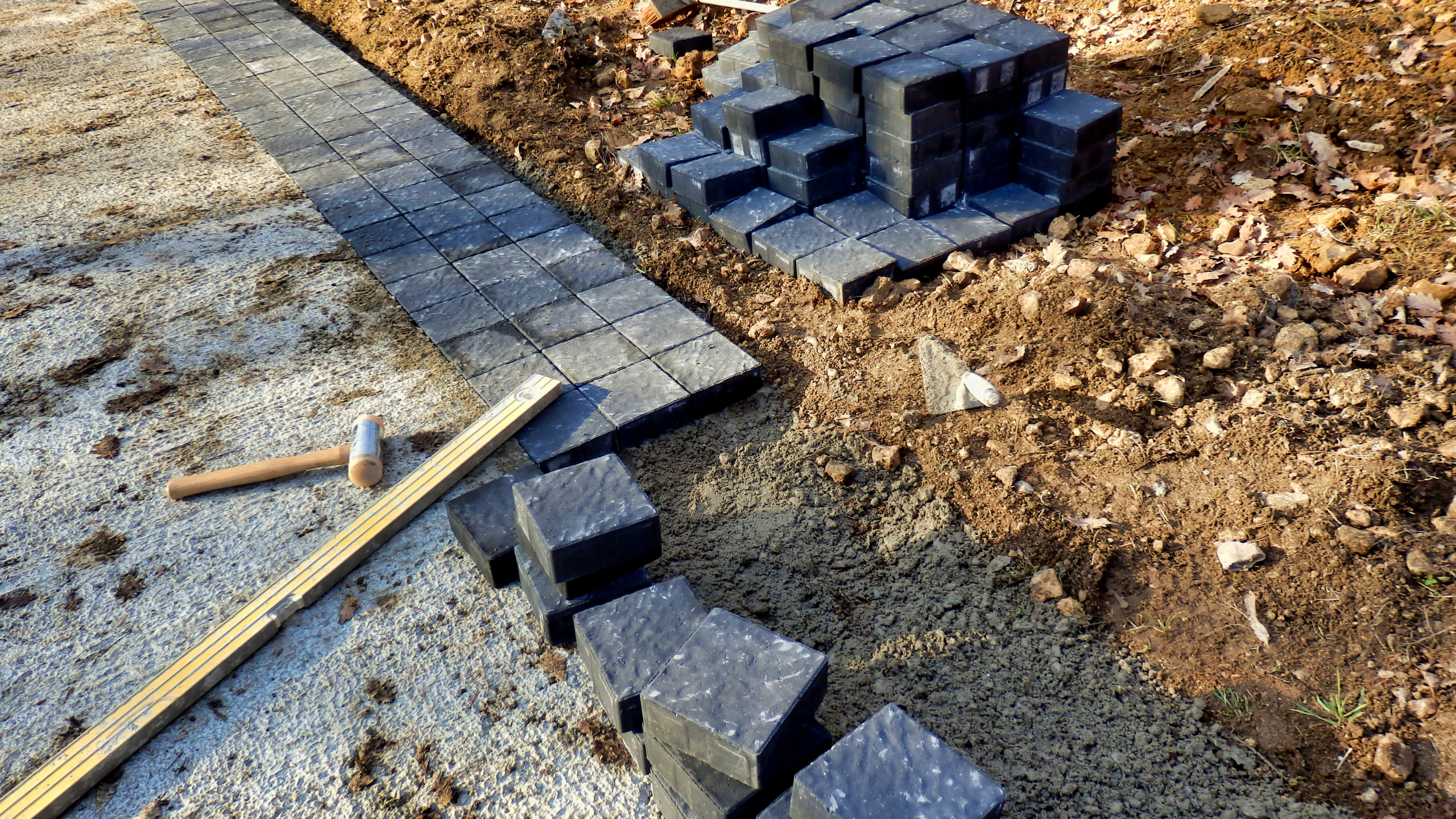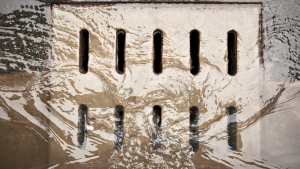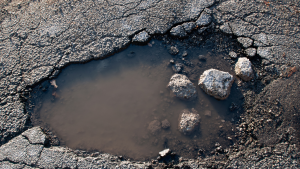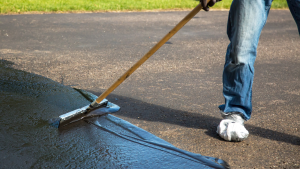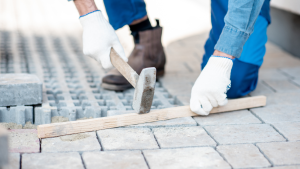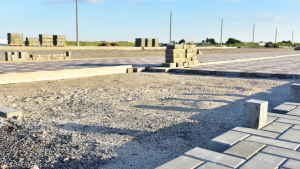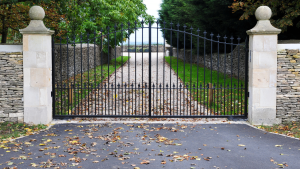When renovating or constructing your driveway, selecting the appropriate material is paramount. The choice between asphalt, concrete, or pavers significantly impacts your driveway’s appearance, durability, and maintenance requirements. Each material possesses its advantages and drawbacks, necessitating careful consideration. This guide delves into the distinctive features of asphalt, concrete, and pavers, aiding your decision-making process. You can make an educated decision based on each option by comprehending the strengths and weaknesses. Aligns with your preferences and requirements for your driveway. Whether you prioritize longevity or ease of maintenance, This guide will help you locate the best fit. Seeking top-quality paving in Hackensack? Look no further than Hackensack Paving Company.
Why Choosing the Ideal Driveway: Asphalt, Concrete, or Pavers?
Selecting the appropriate material for your driveway holds significant importance, as it serves as an entry path to your home and contributes significantly to its aesthetics and functionality. The suitable paving material can enhance the visual appeal of your property and ensure the durability and longevity of your driveway. Asphalt, concrete, and pavers emerge as primary options for driveways, each with its merits and factors to consider. Understanding the unique characteristics of each material empowers you to make a thoughtful decision that aligns with your preferences and requirements. Whether prioritizing aesthetics or longevity, choosing the suitable material is crucial in maintaining the attractiveness and value of your property.
How do I choose the suitable paving?
When selecting the optimal paving material, it’s essential to prioritize your preferences. Consider your budget, desired aesthetics, maintenance requirements, and the climate of your location. Consider cost, durability, ease of installation, and visual appeal. By thoroughly evaluating these aspects, you can choose the most suitable material that fulfills your needs and brings long-term satisfaction. Remember that selecting appropriate materials enhances your property’s appearance and increases its utility and value over time.
What is the best material to use for pavers?
When contemplating the optimal material for pavers, it’s crucial to appreciate their versatility and aesthetic allure. Pavers boast an extensive range of styles, colors, and patterns, effortlessly complementing any home design. Their interlocking design enhances visual appeal and contributes to remarkable durability. In the event of damage to individual pavers, their modular nature facilitates straightforward repairs, ensuring your driveway retains its pristine appearance with minimal effort. By choosing pavers, you’re investing in a durable driveway surface and a customizable and resilient solution that enhances the charm and longevity of your property.
Let’s delve into the specifics of each paving material:
1. Asphalt Driveways
Advantages:
Cost-effectiveness: Asphalt driveways are typically more budget-friendly compared to concrete or pavers.
Smooth Surface: Asphalt provides a smooth and level driving surface.
Disadvantages:
Maintenance Needs: Regular sealing and maintenance are necessary to prevent cracks and deterioration.
Limited Customization: Asphalt driveways offer fewer options for customization in terms of color and design.
Durability Concerns: Asphalt may not withstand heavy loads or extreme weather conditions, as well as concrete or pavers.
2. Concrete Driveways
Advantages:
Low Maintenance: Concrete driveways require minimal upkeep and can last decades with proper care.
Aesthetic Flexibility: Concrete can be stamped, stained, or textured for various visual effects.
Disadvantages:
Higher Initial Cost: Concrete driveways typically incur higher upfront costs than asphalt.
Prone to Cracking: Concrete is subject to cracks., especially in regions with freezing and thawing cycles.
Longer Installation Time: Installation of asphalt or pavers may be faster than concrete driveways.
3. Paver Driveways
Advantages:
Aesthetic Appeal: Pavers offer endless design possibilities, enabling you to develop a distinct and visually attractive driveway.
Durability: Pavers are highly durable and withstand heavy traffic and harsh weather conditions.
Repairability: Individual pavers can be easily replaced if damaged, simplifying repairs and reducing costs.
Disadvantages:
Higher Cost: Paver driveways typically require a more significant upfront investment than asphalt or concrete.
Weed Growth: The spaces between pavers can promote weed growth, necessitating regular maintenance to prevent overgrowth.
Installation Complexity: Proper pavers installation demands skilled labor and meticulous attention to detail, potentially increasing overall costs and installation time.
Benefits of the durability and aesthetic appeal of paving
Choosing a resilient and aesthetically pleasing paving material can elevate your property’s value and curb appeal. Investing in a high-quality driveway can offer years of dependable performance and satisfaction, whether you opt for asphalt, concrete, or pavers.
Conclusion
Choosing the Best Paving Material for Your Driveway is crucial, requiring a comprehensive examination of various factors. While asphalt, concrete, and pavers have distinct advantages and drawbacks, the ultimate selection depends on your budget, aesthetic preferences, and maintenance requirements. By meticulously evaluating these factors and consulting a reputable paving contractor, you can identify the perfect material that suits your needs. Whether you prioritize cost-effectiveness, longevity, or visual appeal, making an informed decision ensures that your driveway Improves the overall attractiveness of your house while offering enduring functionality. Remember, investing time in research and consultation yields a driveway that seamlessly combines beauty with practicality, enhancing the value and charm of your home.

